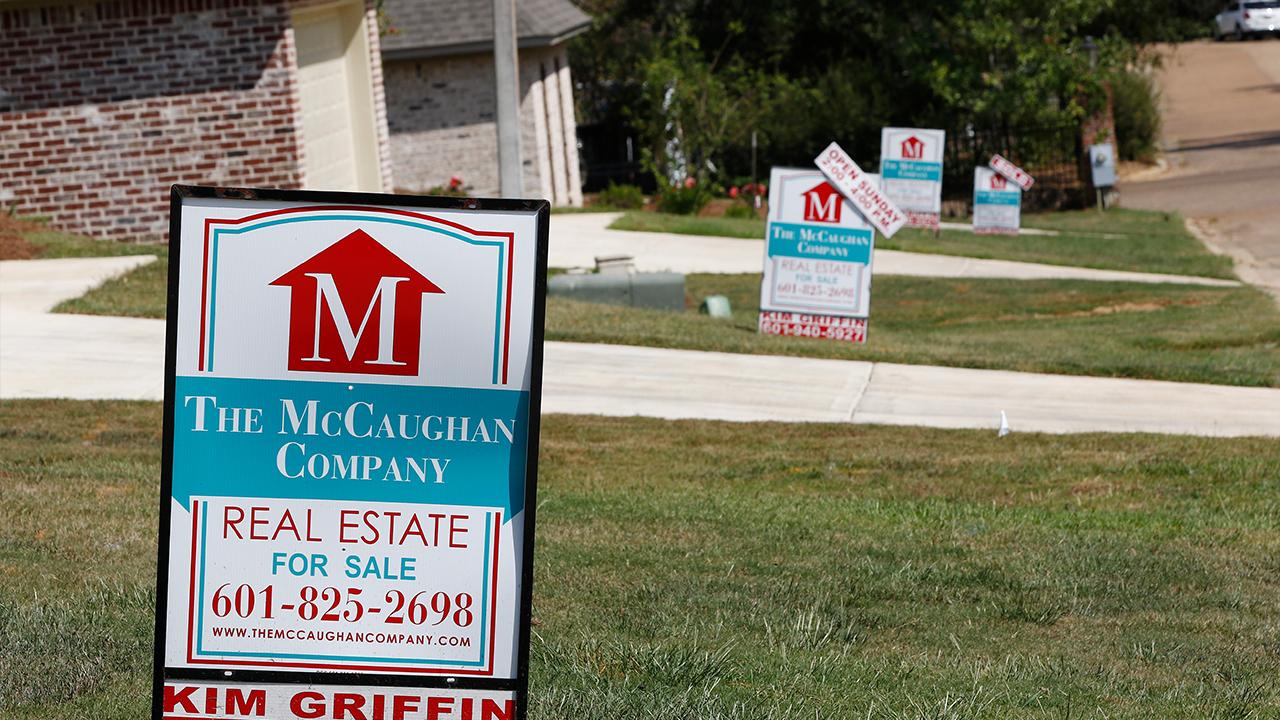US housing rebound highlights growing wealth gap, analysis shows
Workers in high-security jobs are continuing home searches, while others are financially unable to do so
The recovery in the U.S. housing market is beginning to show how the coronavirus-driven recession is affecting Americans across income brackets differently.
Homebuyer demand is on the rise in almost every city across the U.S., according to new data from real estate firm Redfin, even in cities where the unemployment rates have skyrocketed.
For example, in Detroit – where the unemployment rate in April exceeded 24 percent – demand was up 58 percent as of the week of May 31 when compared with March 1.
SUBURBS IN SOUTHERN STATES SURGE IN POPULARITY AMID PANDEMIC
Detroit Redfin agent Tony Orlando characterized local demand as “insane” and competition for available properties as “astonishing.”
“People who are still employed and confident in their continued employment still really want to buy,” Orlando said in a statement. “They know rates are at historic lows and they want to take advantage of it; they are not afraid to buy during these odd times.”
But that trend points to an emergent divide in the real estate market – a growing wealth gap.
TECH HUBS LEAD US HOUSING REBOUND
The unemployment rate is much higher for lower-income individuals than those among the higher-income brackets.
One payroll company, for example, found workers making less than $20 per hour had a layoff rate that was 115 percent higher than those who earned $30 or more per hour. Further, employees working in lower-income areas were 25 percent more likely to be laid off compared with people working in wealthier areas.
And, as researchers as Redfin pointed out, white-collar workers in high-security jobs, like technology, where duties are able to be performed remotely have continued their home searches. Many others have not been so fortunate.
CLICK HERE TO READ MORE ON FOX BUSINESS
“On the flip side, people who have been struggling the most during this recession—those with low-income jobs in industries like service and hospitality, groups that are made up of much more Blacks and other minorities—had largely already been priced out of the housing market even before the economy stalled,” researchers at Redfin wrote. “Because of this inequality across incomes and industries, the pain of the coronavirus recession is likely to be over relatively quickly for the economically privileged, even in areas where unemployment has soared.”
That disparity can help explain why the housing market is recovering, even though millions of Americans have put their mortgage payments on pause through special forbearance provisions allowed under the CARES Act.




















